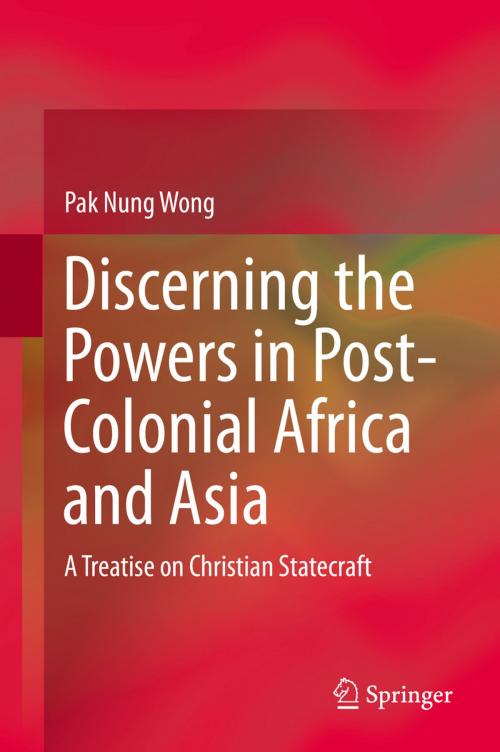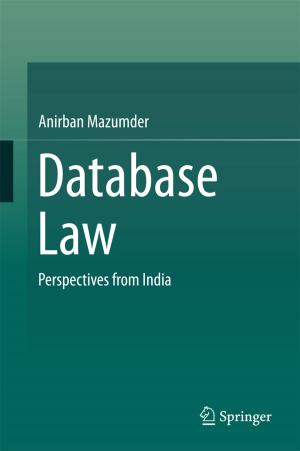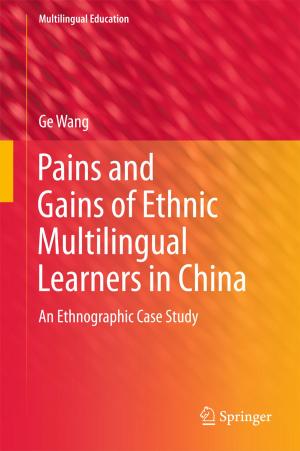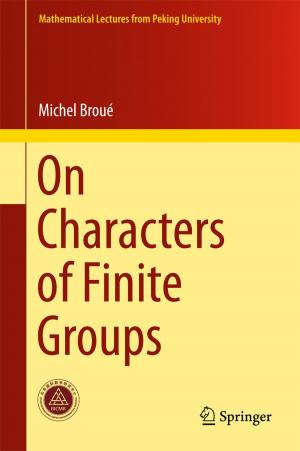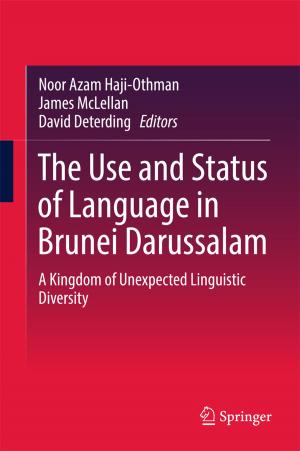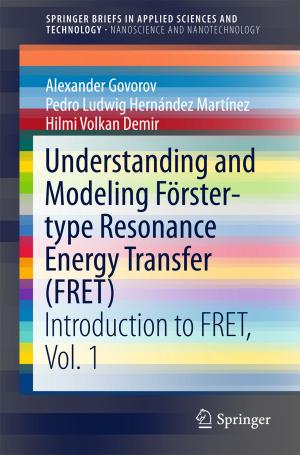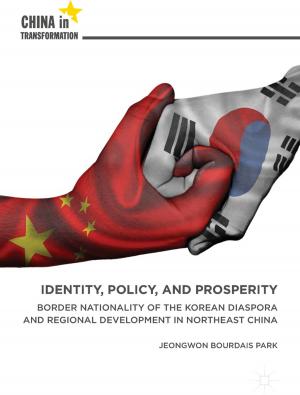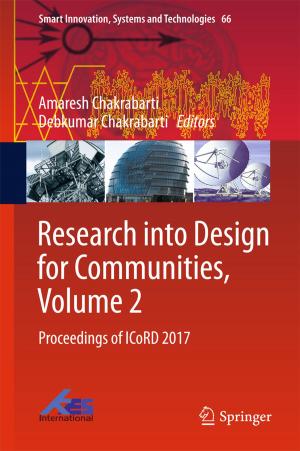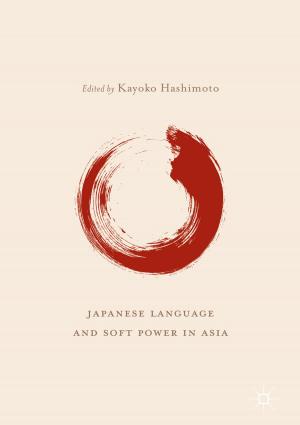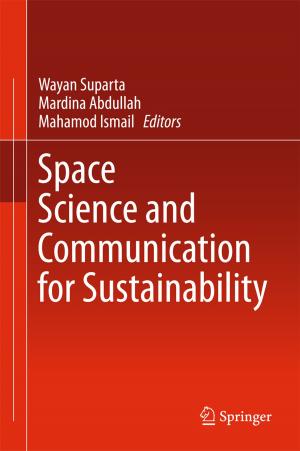Discerning the Powers in Post-Colonial Africa and Asia
A Treatise on Christian Statecraft
Nonfiction, Religion & Spirituality, Philosophy, Political, Social & Cultural Studies, Political Science, Politics, History & Theory| Author: | Pak Nung Wong | ISBN: | 9789812875112 |
| Publisher: | Springer Singapore | Publication: | February 17, 2016 |
| Imprint: | Springer | Language: | English |
| Author: | Pak Nung Wong |
| ISBN: | 9789812875112 |
| Publisher: | Springer Singapore |
| Publication: | February 17, 2016 |
| Imprint: | Springer |
| Language: | English |
Qualifying post-Westphalian sovereign statehood as a ‘power’ as argued for in Hendrik Berkhoff’s political theology, this book addresses the decades-long theological-spiritual debate between Christian realism and Christian pacifism in U.S. foreign policy and global Christian circles. It approaches the debate by delving into the pacifist Anabaptist political theology and delineates empirically how sovereign statehood in post-colonial Africa and Asia has fallen into the hands of the devil Satan, as a ‘fallen power’ in the Foucaultian terms of power structures, techniques and episteme. While the book offers intervention schemes and options, it holds that Christian statecraft remains the source of hope to effectively address a number of serious global issues. By extension, the book is thus an invitation to ignite debates on the suitability of Christian statecraft and the nexus between spirituality and world politics, making it especially interesting for scholars and students in the fields of International Politics, Politics of Asian and African States, Post-colonial Studies and Political Theology.
Qualifying post-Westphalian sovereign statehood as a ‘power’ as argued for in Hendrik Berkhoff’s political theology, this book addresses the decades-long theological-spiritual debate between Christian realism and Christian pacifism in U.S. foreign policy and global Christian circles. It approaches the debate by delving into the pacifist Anabaptist political theology and delineates empirically how sovereign statehood in post-colonial Africa and Asia has fallen into the hands of the devil Satan, as a ‘fallen power’ in the Foucaultian terms of power structures, techniques and episteme. While the book offers intervention schemes and options, it holds that Christian statecraft remains the source of hope to effectively address a number of serious global issues. By extension, the book is thus an invitation to ignite debates on the suitability of Christian statecraft and the nexus between spirituality and world politics, making it especially interesting for scholars and students in the fields of International Politics, Politics of Asian and African States, Post-colonial Studies and Political Theology.
